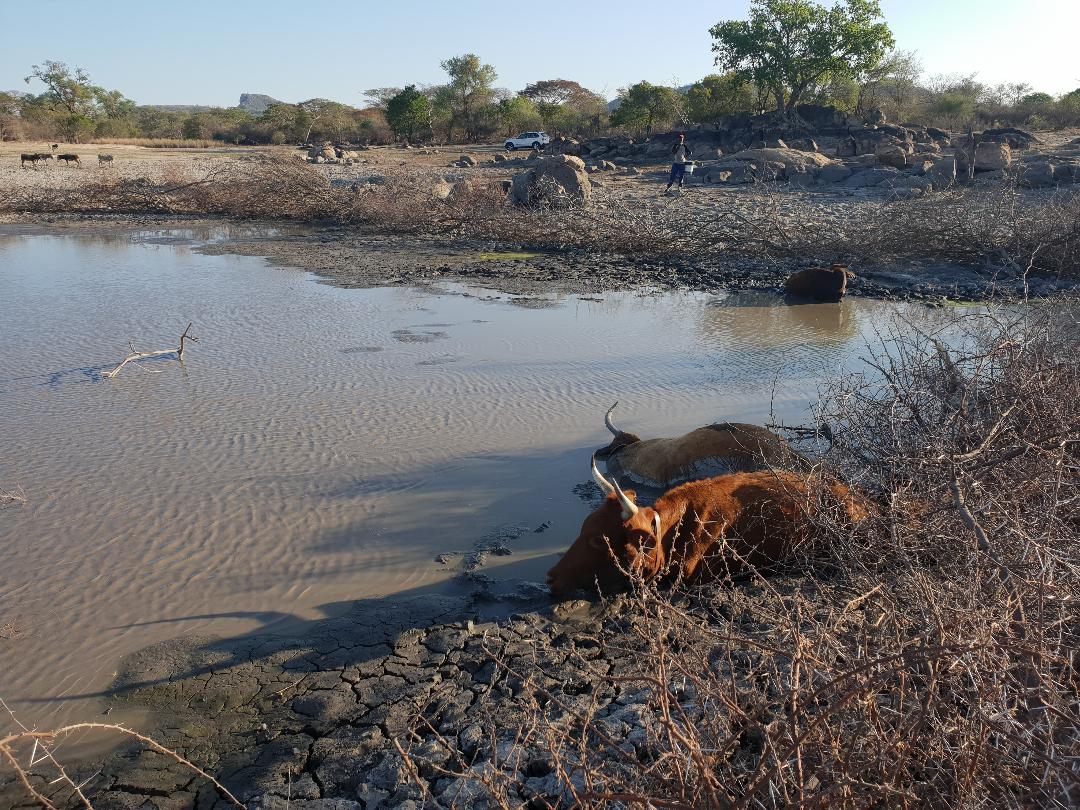HARARE – The European Union on Thursday announced an additional US$18.7 million to help address emergency food needs and support vulnerable people in Zimbabwe.
The EU said the funds will also improve access to basic health care and clean water, and provide protection to “counter the risks that people’s fragility exposes them to.”
The funding for Zimbabwe is part of a larger support package of over US$24.5 million, the remainder of which will be channelled to providing food assistance and nutrition support in Eswatini, Madagascar, Lesotho and Zambia.
Announcing the aid package for the region, Janez Lenarčič, the EU’s Commissioner for Crisis Management, said: “Many poor households in drought-affected areas in southern African countries are struggling to have enough food due to crop failure, reduced access to water and, in some places, unaffordable food prices in markets.
“EU humanitarian aid will help deliver food to those most in need and tackle the hunger crisis in fragile rural communities.”
The Southern Africa and Indian Ocean region as a whole is prone to natural disasters and oscillates between droughts and floods that are destroying harvests and further weakening fragile communities.
Since January 2019, the EU has allocated a total of US$ 75.75 million for humanitarian assistance across the region. The bulk of this funding went for emergency relief assistance in the wake of natural disasters (cyclones Idai and Kenneth), food assistance, and helping at-risk communities equip themselves better to face climate-related disasters.
According to the United Nations World Food Programme (WFP), nearly eight million people in Zimbabwe face food insecurity in the midst of an extensive drought and an ongoing economic crisis in the country.
The WFP now plans to increase the number of Zimbabweans it provides aid to, to 4.1 million, doubling the current number assisted. However, they need US$293 million in the first half of the current year to provide 240,000 tonnes of aid.
At least 2.2 million people in urban areas are at risk of starvation, along with 5.5 million in rural areas.
The WFP has warned that food supplies in the country will run out early this year, without urgent assistance being provided.
















